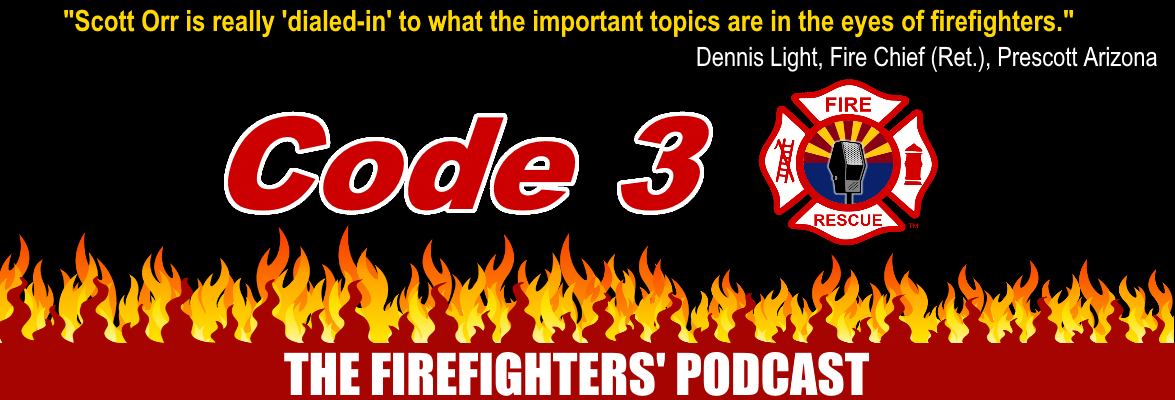Today, I am introducing a new podcast. Don’t worry, this one’s not going anywhere.The new show is called True Fire, and it’s different from any other podcast available. It’s also quite possibly the most important one ever. Each episode breaks down, in detail, a line-of-duty-death fire. We know how these men and women died. True Fire tries to answer why. If you think it’s as important for people to hear as I do, then please click on the Kickstarter link. I have a $4,500 goal to reach by July 13. That’s what it’ll take to produce all six episodes of season one. True Fire is a monster to create, and that budget reflects this. If I make it to a second season, I may be able to bring on some help, but for now, I am doing it all…from research, to writing to interviewing, to recording, to editing.
The episode:
Three days before Christmas, 1999, in Keokuk, Iowa, a small city along the banks of the Mississippi River, something devastating is about to take place.
In a duplex on Franklin Street, a four-year-old boy named Jacob turns on a kitchen stove while his mother is still asleep.
The burners start some plastic high-chair trays stored on top of the stove on fire. That fire soon spreads throughout the kitchen.
Jacob runs upstairs to wake his mother, Melissa. She finds the smoke and heat too intense to get past it to her other children’s bedroom.
Three more kids are in there.
Melissa grabs Jacob and puts him out a second-floor window onto the roof.
She again tries to get to the children but is again forced back.
She goes back to the window, climbs out on to the roof with Jacob, and begins screaming for help.
A boy going out to shovel snow sees her and runs home to tell his mother, who calls 9-1-1 and sprints over to help. Within seconds, other calls are coming in.
The fire in the old house would be like no other the Keokuk Fire Department had ever experienced.
On this episode of True Fire, we’ll look back at the Keokuk Apartment Fire tragedy and find out what lessons were learned.
